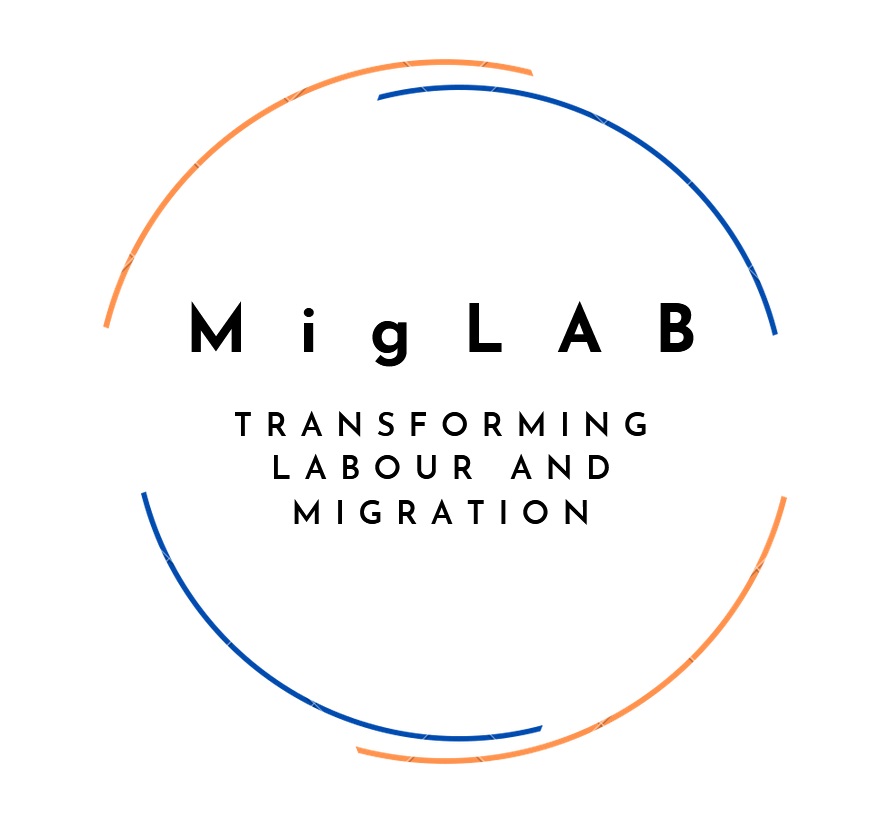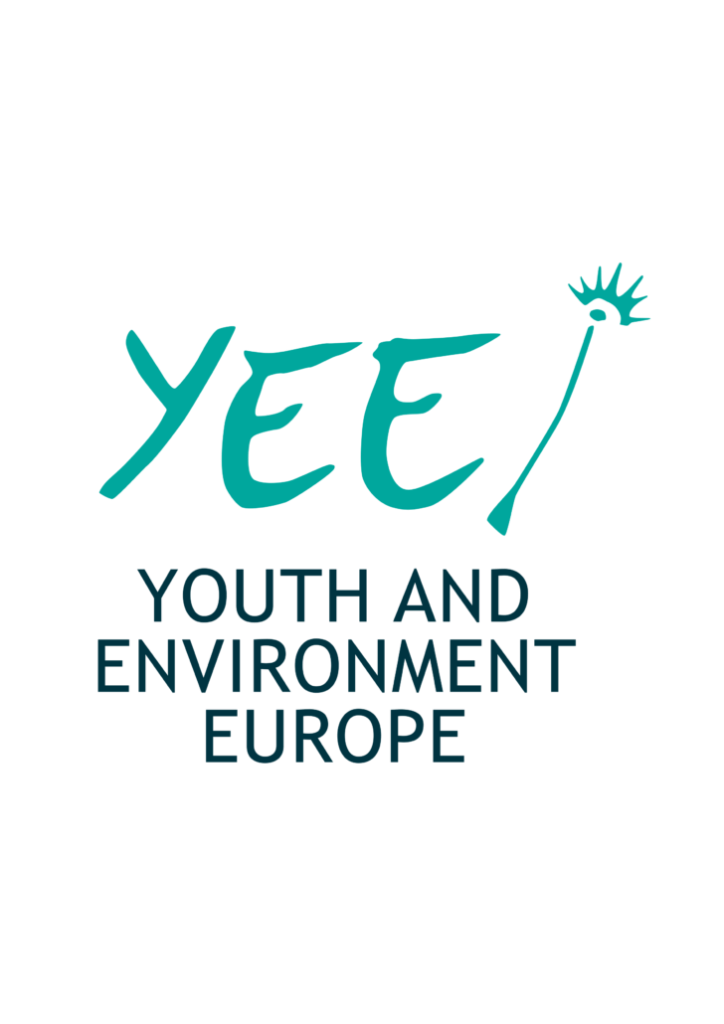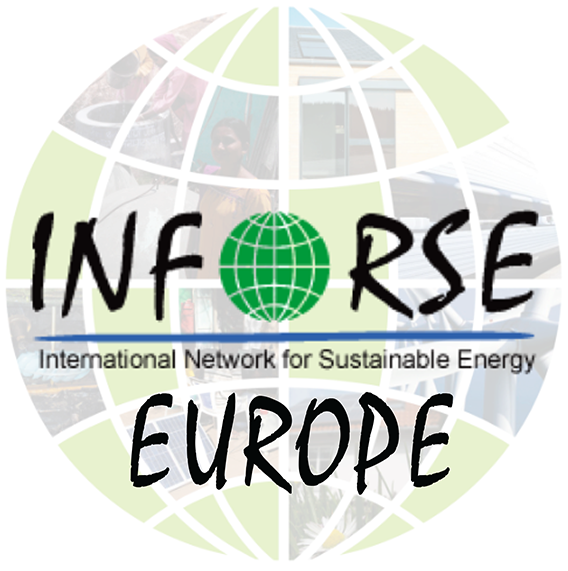About
The Energy Literacy for Youth (ELY) project seeks to empower marginalized youth by equipping them with the knowledge and skills necessary to understand the links between energy literacy and climate action. The project has four core objectives: to research and identify the specific needs and barriers faced by marginalized youth in becoming energy literate; to create an inclusive and accessible curriculum that connects energy literacy with active citizenship and the climate crisis; to enhance access to online resources about the climate crisis and sustainable energy; and to ensure the widespread dissemination and effective implementation of the curriculum through targeted training initiatives.
Target Groups
Young People (18-25)
 This group includes adolescents and young adults who are of school leaving or university age. They are a key demographic for energy literacy education as they represent the future workforce and decision-makers. By educating young people about energy technologies, climate change, and sustainability, we can empower them to become informed and active citizens in the transition to energy.
This group includes adolescents and young adults who are of school leaving or university age. They are a key demographic for energy literacy education as they represent the future workforce and decision-makers. By educating young people about energy technologies, climate change, and sustainability, we can empower them to become informed and active citizens in the transition to energy.
General Public
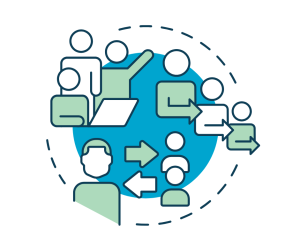 While not a specific demographic group, the general public represents a broad audience that benefits from increased awareness and understanding of energy issues. Materials will be freely available online for the general public.
While not a specific demographic group, the general public represents a broad audience that benefits from increased awareness and understanding of energy issues. Materials will be freely available online for the general public.
Educators and Trainers
 This group comprises teachers, instructors, trainers, and education professionals responsible for delivering energy literacy education and training programs.
This group comprises teachers, instructors, trainers, and education professionals responsible for delivering energy literacy education and training programs.
Policy Makers and Stakeholders
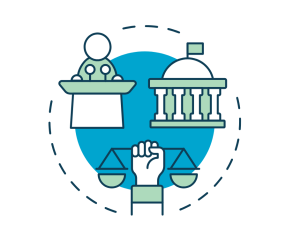 This group includes policymakers at local, national, and European levels, as well as other stakeholders involved in energy policy development, implementation, and advocacy. By engaging these groups, we aim to raise awareness about the importance of energy education, influence policy decisions, and promote the integration of energy initiatives into broader policy frameworks.
This group includes policymakers at local, national, and European levels, as well as other stakeholders involved in energy policy development, implementation, and advocacy. By engaging these groups, we aim to raise awareness about the importance of energy education, influence policy decisions, and promote the integration of energy initiatives into broader policy frameworks.
Educators and Trainers from marginalised communities
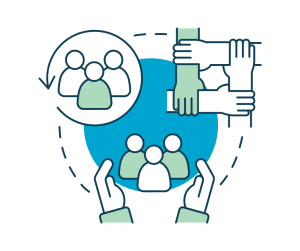 These communities include individuals facing socio-economic disadvantages, ethnic minorities, migrants, refugees, and people with disabilities. Marginalised communities face barriers to accessing education and training opportunities and are disproportionately affected by energy related challenges such as energy poverty and environmental degradation. Our project aims to include these communities in energy education and training initiatives. We specifically target associations that organise these communities with our train the-trainers and direct training activities to counteract the educational deprivation effects.
These communities include individuals facing socio-economic disadvantages, ethnic minorities, migrants, refugees, and people with disabilities. Marginalised communities face barriers to accessing education and training opportunities and are disproportionately affected by energy related challenges such as energy poverty and environmental degradation. Our project aims to include these communities in energy education and training initiatives. We specifically target associations that organise these communities with our train the-trainers and direct training activities to counteract the educational deprivation effects.
Main objectives of the project
- Research and understand the needs of the marginalised youth and the existing barriers to become energy literate
- Create and implement a comprehensive and accessible curriculum that enables active citizenship on the climate crisis and how it relates to our energy needs
- Increase access to inclusive and accessible online resources about climate crisis and sustainable energy
- Ensure the max. and optimal outreach of the curriculum through training
Main activities
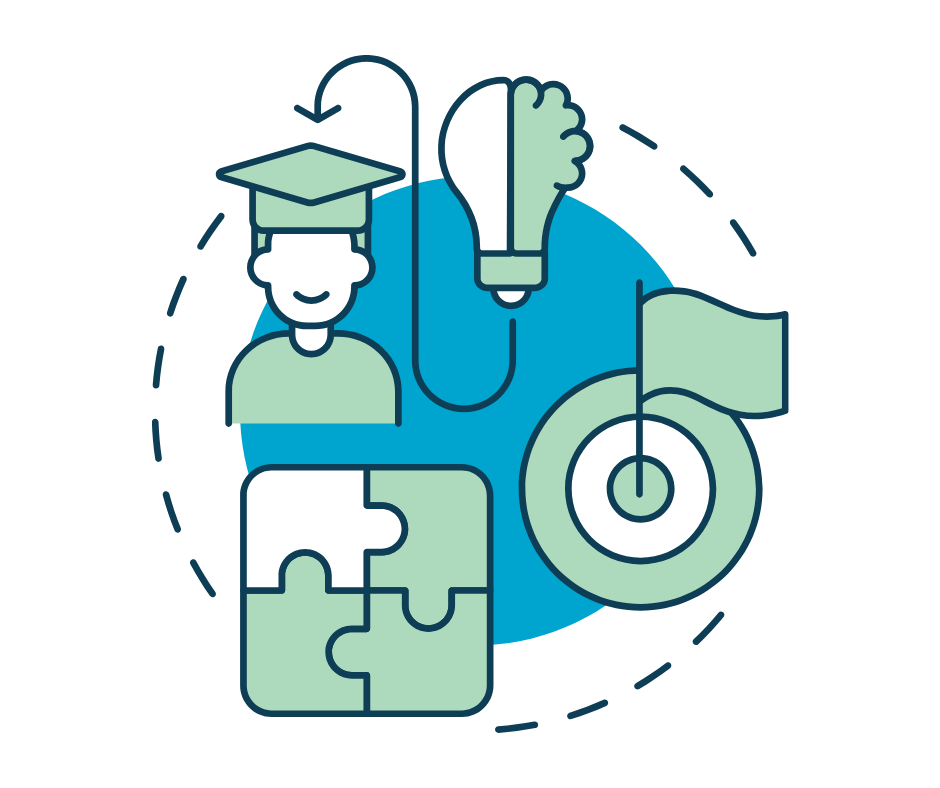
- Εvents for youth on LPC Research
- ELY Curriculum
- Interactive Modular Curriculum and training guide
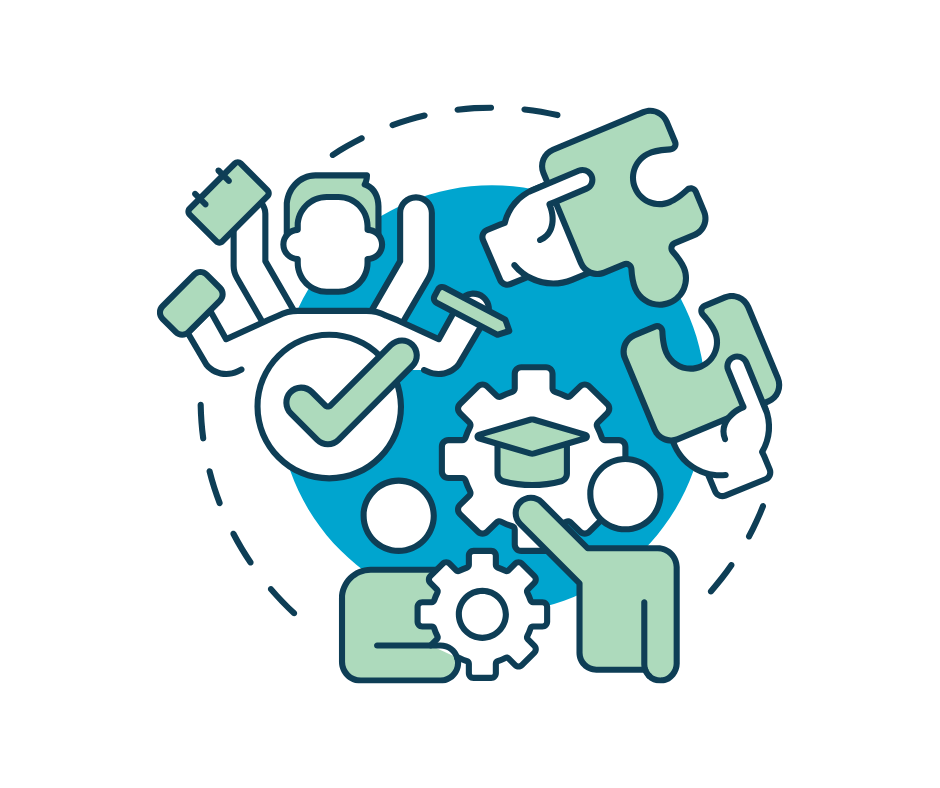
- Train the Trainers trainings
- Trainings for Youth
- Communication Campaign
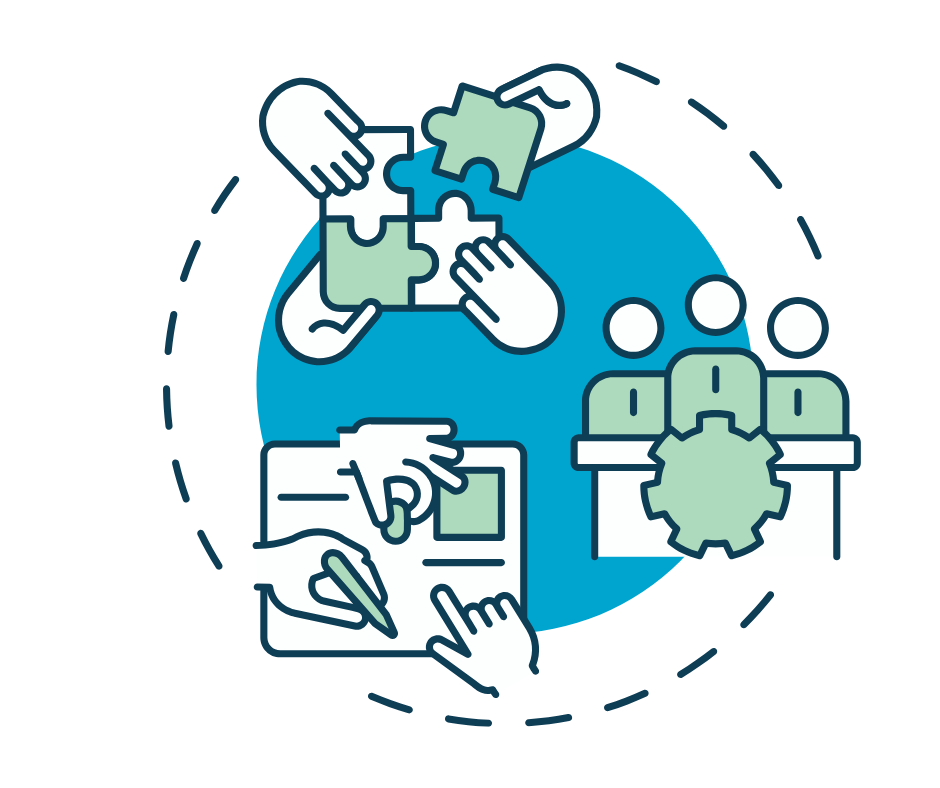
- Transnational meetings
- Local Energy Literacy Conferences
- Central Conference in Brussels



